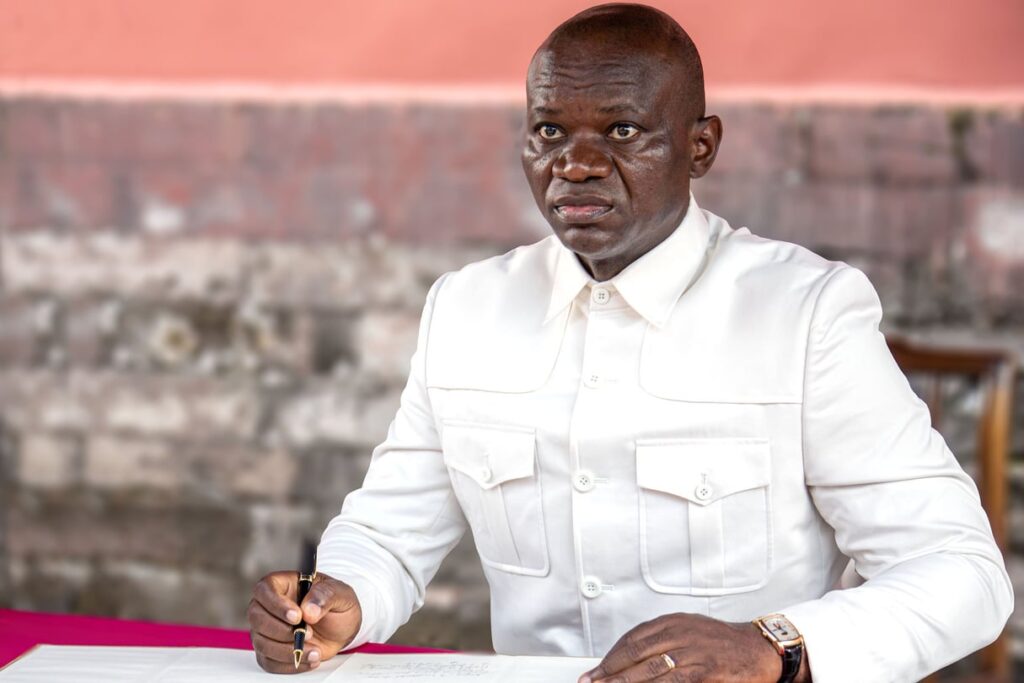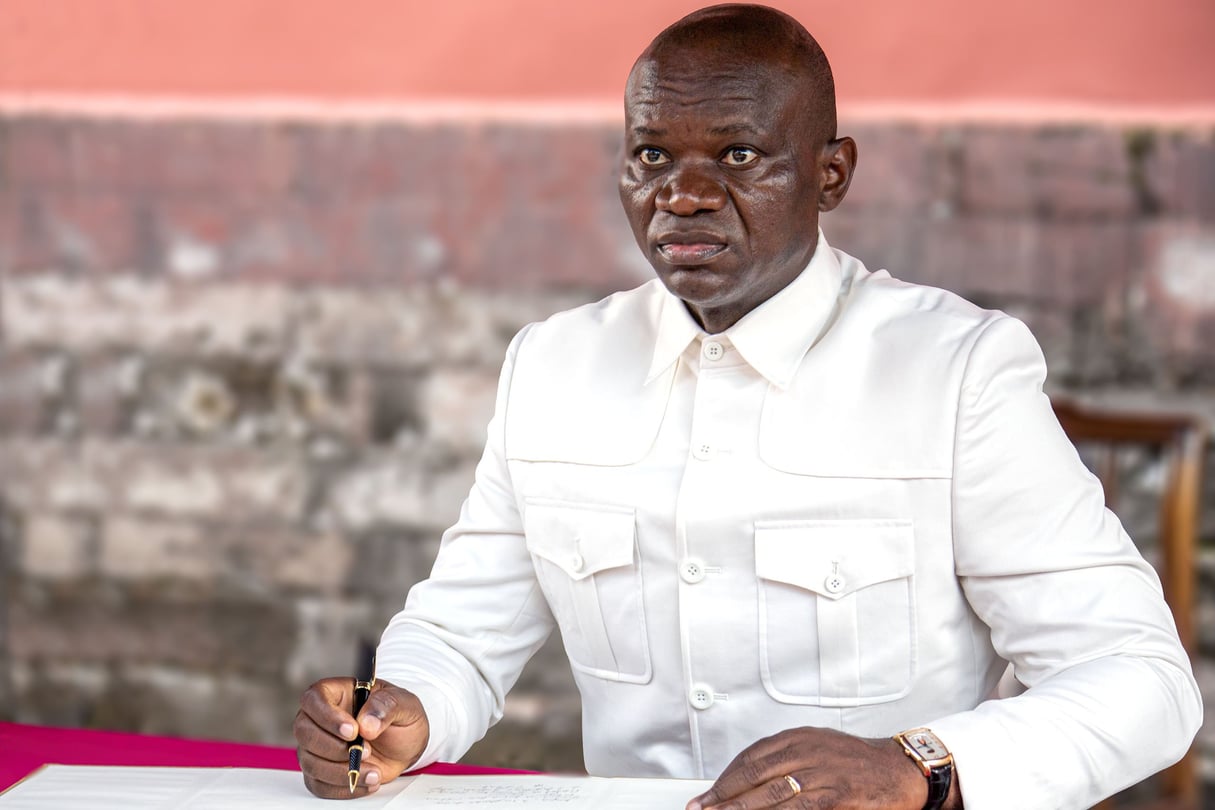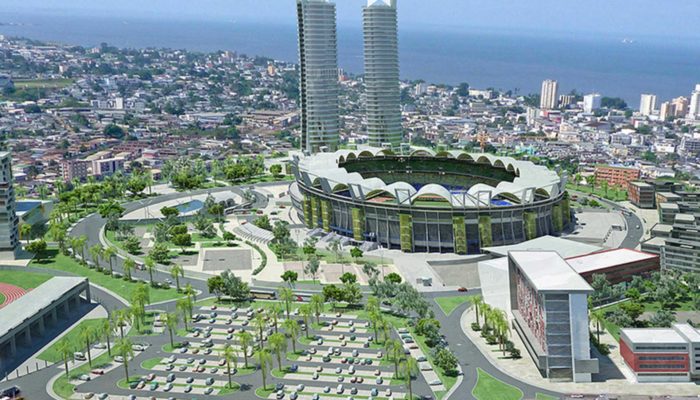Meeting on October 23, 2025, the Council of Ministers adopted a major draft decree transferring powers and resources from the State to local authorities. This decision aims to concretize local governance and provide local authorities with the necessary means to better meet the needs of the population. This commitment notably provides for the creation of a Local Authorities Equalization Fund, funded by “a special allocation set annually at 10% of the State’s own budget resources, as well as contributions from mining, forestry, oil, and gas development funds.”

The Council of Ministers adopted, during its session of October 23, 2025, the draft decree on the transfer of powers and resources from the State to local authorities, as part of the operationalization of the decentralization process in Gabon. This text, taken and adopted in application of Law No. 028/2020 of December 24, 2020 and Ordinance No. 006/PR/2025 of January 27, 2025, ” reflects the government’s desire to give concrete reality to the decentralization process, by allowing local authorities to fully exercise the public service missions entrusted to them, in a logic of proximity, efficiency and balanced development of the territory .” The objective is clear: to bring public action closer to citizens and empower local actors in the management of public affairs.
Based on the conclusions of the first meeting of the National Decentralization Commission (CND), held on June 17 and 18, 2025, ” an inclusive approach was adopted involving the gradual transfer of skills and resources from twenty ministries to all one hundred and thirty-five local authorities, spread across the 52 municipalities, their 35 districts and the 48 departmental councils .” This approach aims to establish a balance in the territorial network and to correct development disparities between urban and rural areas.
The draft decree also specifies the mechanisms for supporting and financing this reform. It provides, in particular, for the creation of a Local Authority Equalization Fund, funded by ” a special allocation set annually at 10% of the State’s own budget resources, as well as contributions from mining, forestry, oil, and gas development funds .” According to the text, ” 97% of this allocation is allocated to the development of local authorities, 1.5% to the operation of the Fund, and 1.5% to decentralization bodies .”
The local authorities’ share will be distributed on the basis of a balanced formula: ” 70% distributed equally among the 135 entities, and 30% redistributed according to demographic and remoteness criteria .” This financial mechanism aims to ensure a more equitable redistribution of public resources and strengthen national cohesion.
With this reform, the government intends to take a decisive step towards effective and functional decentralization. The adoption of this text ” marks a decisive step in the operationalization of the decentralization process, by providing local authorities with the skills and resources necessary to conduct public policies adapted to the needs of the population ,” concludes the Council of Ministers.






